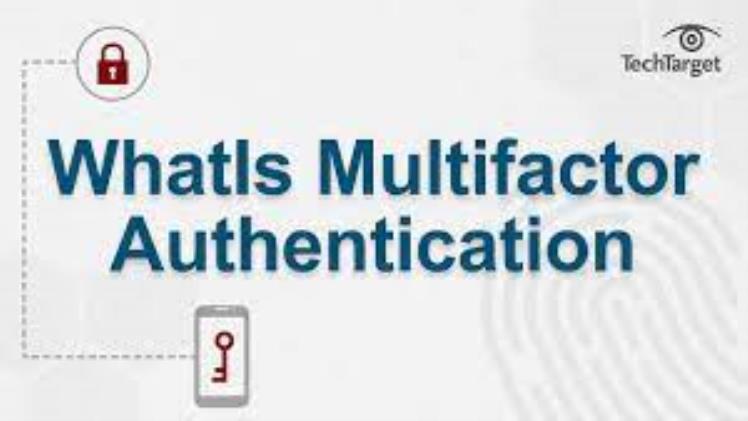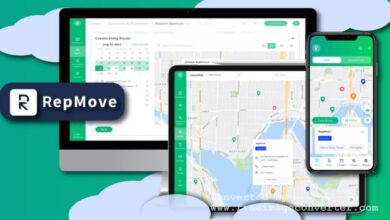What Is Authentication?

Authentication is the process of proving an assertion or determining an individual’s identity. There are many types of authentication, including Single Factor Authentication (SFA), Multifactor Authentication (MFA), and Geolocation authentication. We’ll discuss the benefits of each and what you can do to improve your security. But first, let’s define what authentication is. What does it mean? It’s the process of verifying that an individual is who they say they are.
Multifactor authentication
Multifactor authentication is an electronic method of authentication that requires users to present two different pieces of evidence, such as inference, knowledge, or possession, to prove they are who they say they are. By requiring two different pieces of evidence, multi-factor authentication can make it easier for users to access sensitive information. For example, you can present the password and a photo ID to unlock a secure website, which requires the authentication of both factors.
SFA
Single-factor authentication (SFA) is a form of user authentication based on a shared identifier. The security of SFA authentication depends on how difficult it is for others to steal or forge that identifier. Passwords have been the norm for years, but they are known to be vulnerable to dictionary attacks and theft. A more secure method should use biometric verification such as fingerprint or retina scans. Here are some benefits of SFA authentication:
2FA
Two-factor authentication (also known as 2FA) adds an extra layer of security to your online accounts. Instead of just a password, 2FA requires another factor, such as a fingerprint or SMS verification code, access a user’s account. This extra layer of protection prevents hackers from stealing your user identity, which is one of the main reasons why many online service providers have started implementing it. Here’s what 2FA means for your account.More Movies Download from here Movieorca.
Geolocation authentication
A key component of geolocation authentication is the matching of two locations. In the event of a mismatch, geolocation authentication is denied. In his paper, Gross examined the technologies used to detect a user’s location, Internet behavior, and keystroke dynamics. The research highlighted the many challenges associated with relocation authentication, including privacy concerns and the possibility of forgeries. This article will outline some of these challenges and how to overcome them.
Possession authentication
A common concern about authentication systems is the vulnerability of a physical token. While this may seem like a good thing, it’s not always true. For example, a hacker who can steal your password is unlikely to have access to the physical device. This vulnerability makes some authentication methods vulnerable to attacks known as “MITM attacks,” which allow hackers to steal your identity through social engineering. Fortunately, there are a variety of ways to combat this risk. To Know All About information Bathtubs





